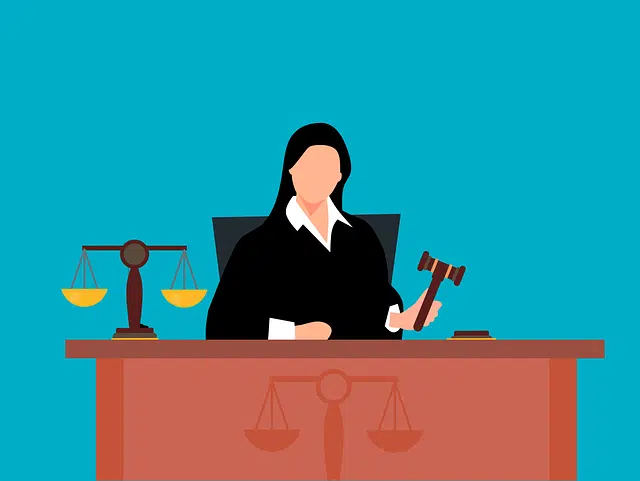
Revocation implies nullifying a resolution or mandate.
The term revocation comes from a Latin word that refers to the action and effect of revoking (a verb that means to annul a resolution or mandate ; to separate or dissuade someone from a plan; or to make something go backwards).
In the field of law , revocation is the annulment, replacement or amendment of a ruling or order . This decision is made by a different authority than the one that had decided in the first instance.
For example: "Judge Galimberti issued the revocation of the ruling of Chamber Two and released engineer Bertolucci" , "The convicted man assured that he will request the revocation of the sentence, alleging the incompetence of the court that acted in the trial" , " If we achieve the revocation, we will have the opportunity to request a change of cover .
Revocation in law
Revocation, therefore, represents a way of extinguishing a legal relationship. The revocation procedure is ex nunc (it is valid from the moment the will to revoke is expressed).
Depending on the case, the revocation of a legal act may be authorized by law or by the will expressed by the parties. In bilateral contracts, both parties have the right to revoke.

In the judicial field, revocation implies the extinction of a legal relationship.
A plebiscite
In some countries, recall is a political procedure that allows citizens to determine the end of a public office before the expiration of the term for which the official had previously been elected.
The request for a recall plebiscite can be justified by the loss of legitimacy, acts of corruption or the violation of human rights , among other reasons.
Revocation mechanism
There are many political groups that propose the implementation of a project that allows a recall or revocation mechanism in the event that the elected leaders do not fulfill their functions and those promises they made during the electoral campaign . There are two well-defined trends of opinions regarding this type of measures.
On the one hand, many claim that this mechanism has a disciplinary effect on the representatives; forcing them to maintain behavior consistent with what is expected of them and preventing them from making decisions that go against the wishes and rights of citizens .
But there is another large group that is against this type of measures, stating that the revocation can cause leaders to constantly fear making decisions that go against what the people want and for this reason they lose all types of authority. ; and, after all, his position no longer meets the requirement of "representative."
In any case, it is important to clarify that at first glance it may be the best way for the population to have a certain security that their representatives fulfill their functions efficiently: this way they ensure not only that they will be able to vote for them every certain number of years and , in addition to maintaining greater control over the decisions made during the duration of the position.
However, there is a problem of compatibility between the recall and the electoral system, although the last word always belongs to the citizens, who express their expectations through voting .
Plaster in construction
In a totally different sense, the term plaster in some Latin American countries is used to refer to the arrangement that is made on cement walls.
For example: "I have to plaster the wall of your house before the bad weather starts." «Juan has worked as a bricklayer for many years and has an enormous facility for making good plasters.»
